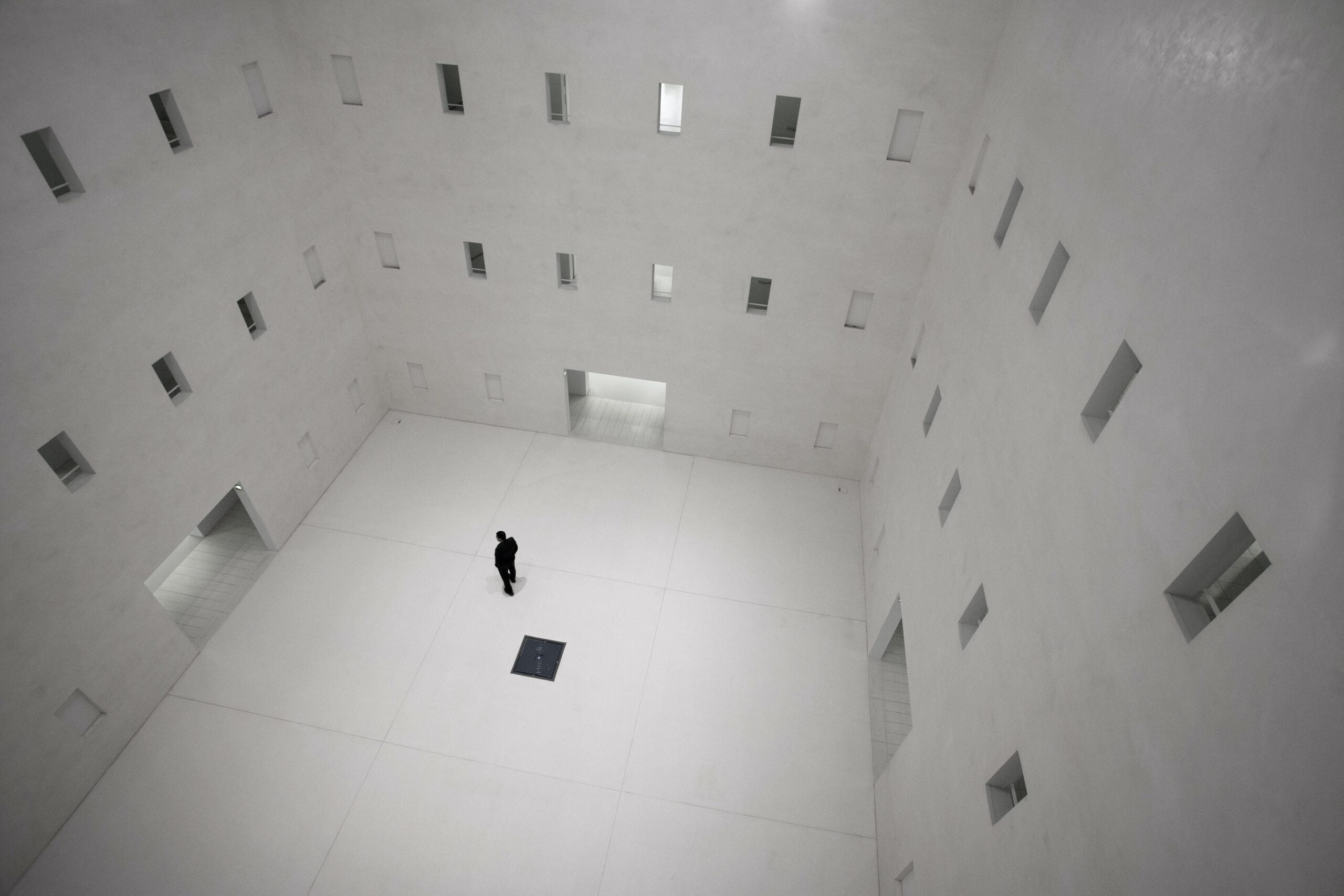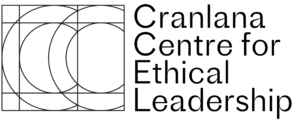When setting goals or resolutions we tend to focus on what we can do more of, rather than considering what we can remove from our lives. We’re constantly striving to absorb further information – through podcasts, websites and conversations – rather than taking the time to distil what we already know. In striving to improve our lives we often look to add, rather than contemplating what we can subtract. We overlook subtraction as an equally, or more, effective option to achieve fulfilling and wholesome lives.
In this article for Behavioral Scientist, Leidy Klotz, co-director of the Convergent Behavioral Science Initiative at the University of Virginia, shares an adaption of his book, Subtract: The Untapped Science of Less, an exploration of the benefits of subtraction.
Subtraction is the act of getting to less, but it is not the same as doing less. In fact, getting to less often means doing, or at least thinking, more.
An epiphany in my thinking about less came when my son Ezra and I were building a bridge out of Legos. Because the support towers were different heights, we couldn’t span them, so I reached behind me to grab a block to add to the shorter tower. As I turned back toward the soon-to-be bridge, three-year-old Ezra was removing a block from the taller tower. My impulse had been to add to the short support, and in that moment, I realized it was wrong: taking away from the tall support was a faster and more efficient way to create a level bridge.
Since I had become a professor, I had been trying to convert my interest in less into something I could study instead of just ponder.
Not only did Ezra’s bridge shift my focus from less to subtraction, it gave me a convincing way to share and test my epiphany. So I began carrying around a replica of Ezra’s bridge. I tried it out on unsuspecting students who came to meet with me, checking whether they would subtract, like Ezra, or add, like I had. All the students added.
The problem is that we neglect subtraction. Compared to changes that add, those that subtract are harder to think of. Even when we do manage to think of it, subtracting can be harder to implement.
But we have a choice. We don’t have to let this oversight go on taking its toll on our cities, our institutions, and our minds. And, make no mistake, overlooking an entire category of change takes a toll.
Neglecting subtraction is harmful in our households, which now commonly contain more than a quarter of a million items. Someone has to organize and keep track of all those juicers, ill-fitting clothes, Legos, and everything else we’ve accumulated. That’s a lot to pay for and to think about, and it represents a lot of our time, time that is only getting scarcer, especially when we overlook subtraction as a way to relieve our obviously overbooked schedules. We neglect subtraction in our institutions. In our governments and in our families, we default to adding requirements. Ezra gets more and more rules, and grown-ups deal with federal regulations that are twenty times as long as they were in 1950. Too many rules and too much red tape can distract from the behaviors we’re really hoping for. Whenever we try to change how things are to how we want them to be, we often overlook subtraction. And until we do something about it, we’re missing ways to make our lives more fulfilling, our institutions more effective, and our planet more liveable.
via Behavioral Scientist, 12 April 2021. Read the full article here.
Cranlana Centre for Ethical Leadership’s programs include the 2 day Executive Ethics, 6 day Executive Colloquium and year-long Vincent Fairfax Fellowship. We also deliver online and tailored corporate programs. Find the right program for you. They are all held under the Chatham House Rule to encourage genuine and open debate, and allow participants to candidly discuss sometimes sensitive issues in private while allowing the topic and nature of the debate to be made public, and contribute to a broader conversation. The alumni program offers ongoing leadership development support and a lifelong connection with Cranlana.
Image by aitoff on Pixabay
Share This Story
Related articles
Recent posts
The Cranlana Method
We don’t teach leadership skills. Instead, we help leaders apply the skills they already have more wisely – by building clarity of purpose and ethical courage. Drawing on a rich history of philosophical wisdom, they encourage fresh and considered approaches to challenges – offering insights that, for many participants, will fundamentally transform their concept of leadership. Our courses are dialogue-based and immersive, bringing small groups of high-level leaders together for discussions that are wide-ranging and expertly guided. They are rigorous, in-depth and practical, providing high-level learning experiences and understanding to strengthen your capabilities as an effective and ethical leader.
Interested in discovering more?




